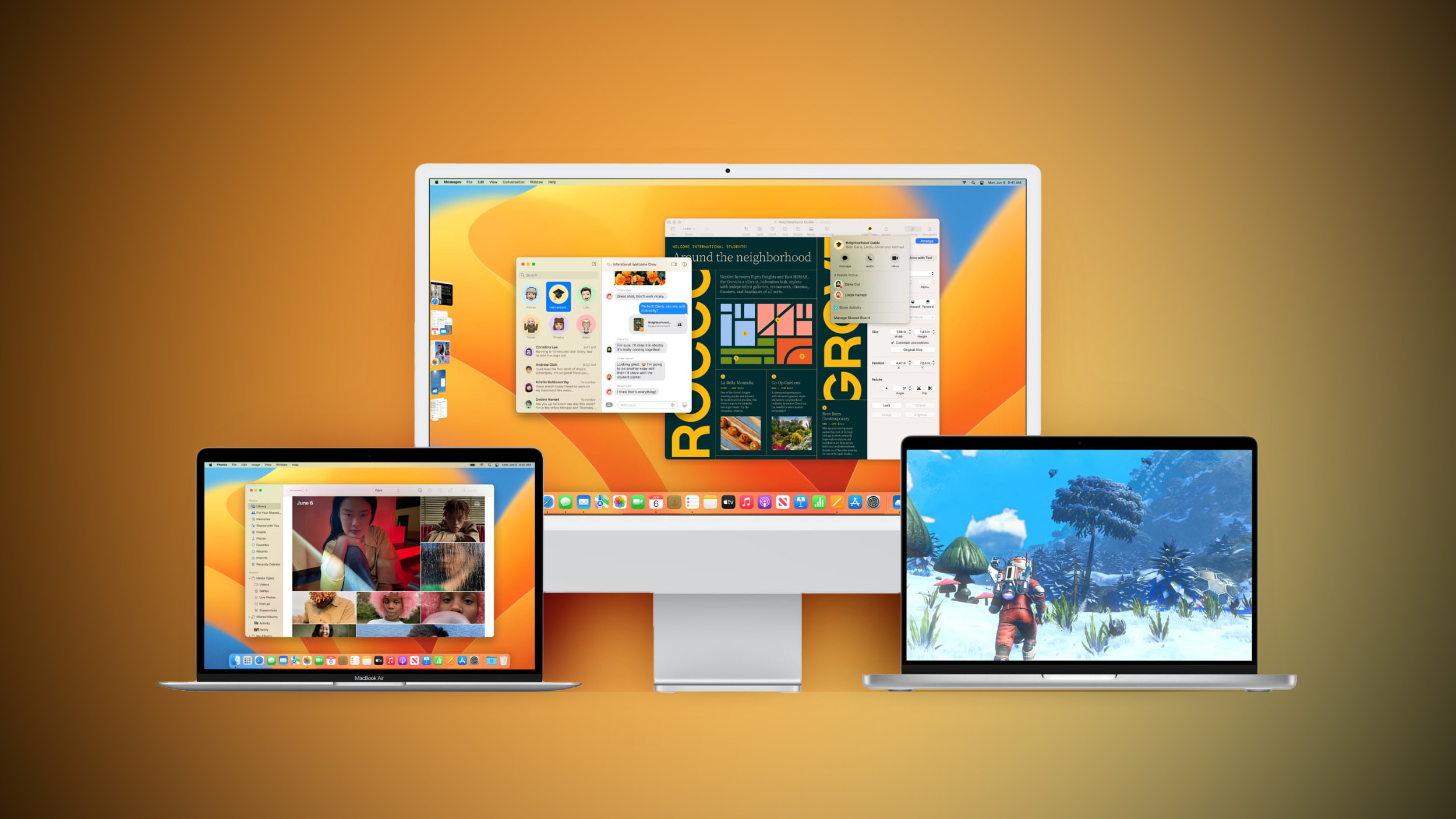Not for nothing, but Linux doesn't run off of an Ubuntu release cycle, let alone the multiple distributions of Linux RHEL and CentOS certainly don't, Debian doesn't, Slackware never has, and Arch and Mint definitely don't.
Heh. Then Linux isn't the path for you, especially when you look at what it truly is: the kernel. In a period of 27 days, there were 7 releases of the Linux kernel, and that was just October alone. Oh; and that is the STABLE release branch.
Trust me (I'm a now 30 year long Linux sysadmin), MacOS is a hell of a lot more stable than what you think or are making it out to be.
BL.







